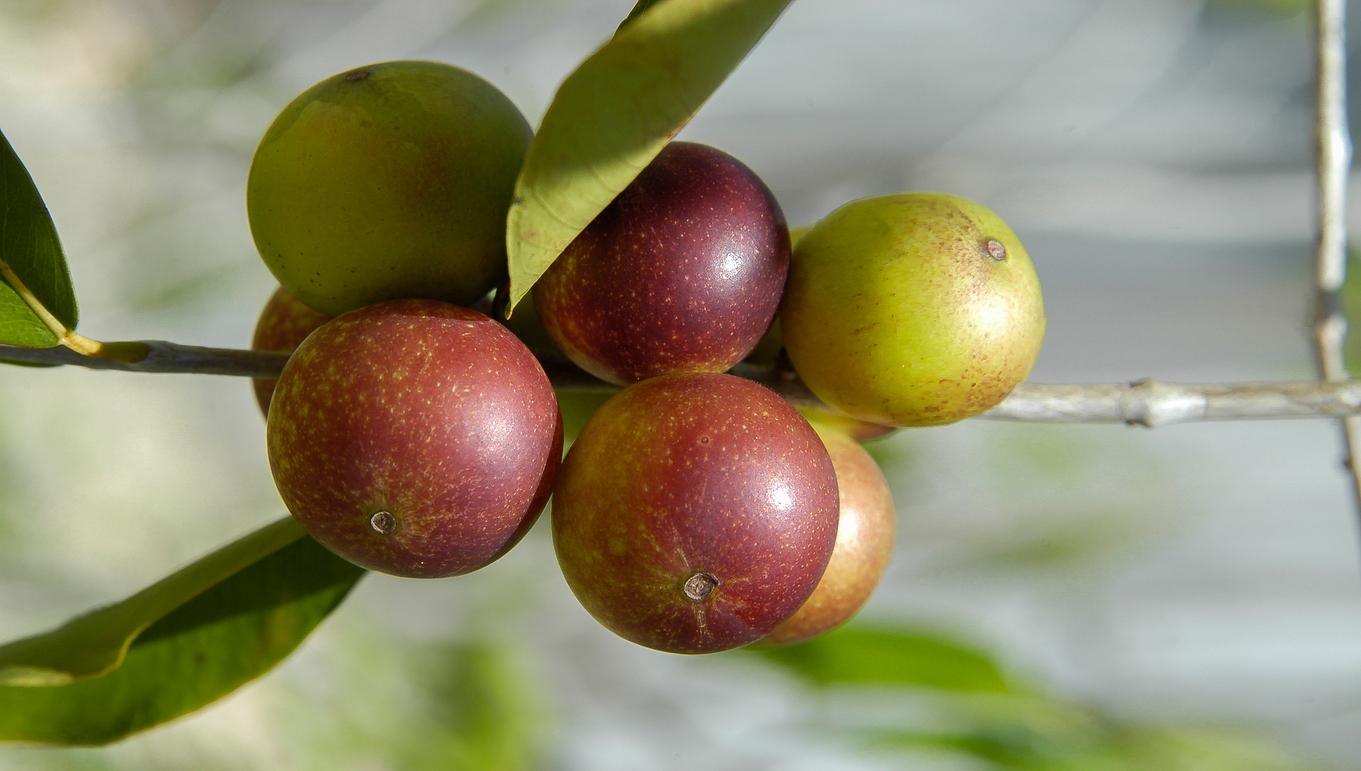Japanese researchers have observed that the traditional Japanese diet could limit the risk of liver fibrosis in patients affected by fatty liver disease.

- Fatty liver disease is characterized by an accumulation of fat in the liver.
- Also called non-alcoholic fatty liver disease, fatty liver disease can progress to liver fibrosis.
- A Japanese study has suggested that the traditional Japanese diet could prevent the risk of liver fibrosis in patients with fatty liver disease.
In France, about 200,000 people are affected by non-alcoholic fatty liver disease or fatty liver disease, according to the National Institute of Health and Medical Research (Inserm). This pathology results in an accumulation of fat in the liver. If the inflammation does not go away, fatty liver disease can progress to liver fibrosis and then become cirrhosis with a risk of liver cancer.
Traditional Japanese diet could prevent risk of liver fibrosis
According to a study published in the journal Nutrientsthe traditional Japanese diet could reduce the risk of progression from non-alcoholic fatty liver disease to hepatic fibrosis.
In this work, scientists from Osaka Metropolitan University (Japan) used the scoring system “modified 12-component Japanese diet index” (mJDI12), which focuses on the intake of the Japanese dietary pattern. This diet includes 12 food groups: rice, miso soup, pickles, soy products, green and yellow vegetables, fruits, seafood, mushrooms, seaweed, green tea, coffee, beef and pork. Scores range from 0 to 12. Higher scores indicate eating according to the Japanese dietary pattern.
Fatty liver disease: the beneficial effects of soy, seaweed and seafood
The researchers then investigated the link between mJDI12-rated meals, muscle mass, and the progression of liver fibrosis in 136 patients with fatty liver disease hospitalized at Osaka Metropolitan University Hospital.
According to the results, the group with the highest mJDI12 had a very low risk of progression to liver fibrosis. Researchers have also found that high consumption of soy, seafood and seaweed has beneficial effects on fatty liver disease and lowers the risk of developing liver fibrosis.
“This study indicates that the Japanese diet may be effective as a dietary treatment for patients with fatty liver disease. We hope that further intervention studies will establish an effective diet for these patients”said Professor Yoshinari Matsumoto, co-author of the study.


















